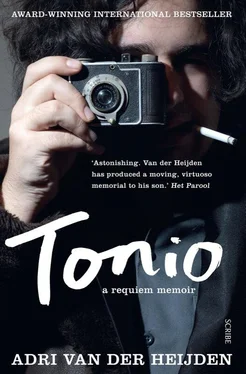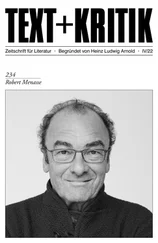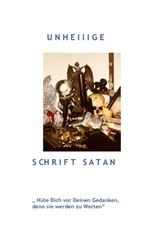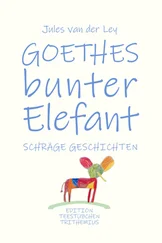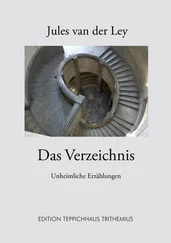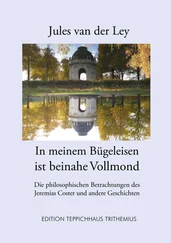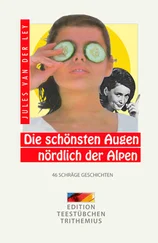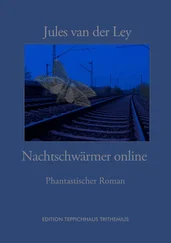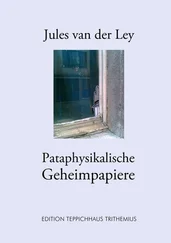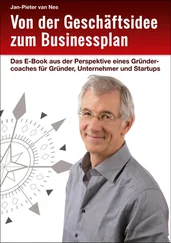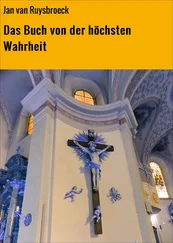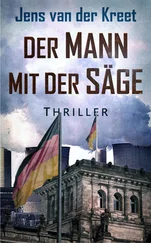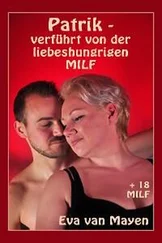‘If you want, Robin,’ I say in an attempt to include the boy in the adventure, ‘you can keep an eye on those big wasps to see they don’t fly near Tonio and your sisters. They’re much scarier than the ones we’ve got back home.’
Robin doesn’t answer. When I glance up from the paper a while later, Tonio and his entourage have already reached the other side of the yard. Robin is nowhere to be seen.
8
Four nurses filed from the corridor through the open glass doors into the courtyard. Two men and two women. They each carried a full cafeteria tray. Lunchtime. After blinking for a moment into the bright sunlight, they opt unanimously for a table in the sun.
‘Life goes on, of course,’ Hinde said. ‘No matter what’s happening inside.’
The nurses occupied a table some distance from us, but as it was otherwise so quiet in the courtyard I could clearly pick up snippets of their conversation. They spent some time quoting large sums in euros, the estimate ranging from two-and-a-half to three million.
‘Say there’s ten thousand staff, including partners,’ said one of the men. ‘That still comes out to 250 to 300 per person.’
‘But for that amount you get Marco Borsato’s cute bum,’ one of the female nurses said.
‘Don’t forget Karin Bloemen’s cute bum,’ said the other man. ‘And they call it a cold buffet.’
‘ And the Mart Visser catwalk,’ said the second woman.
‘I still think it’s weird,’ the first man continued. ‘It’s always cutbacks, cutbacks, cutbacks. And then they go and rent a whole convention centre for ten thousand of us.’
‘Jesus, Jan, you really are a killjoy,’ said the Marco Borsato’s-bum woman. ‘It’s the AMC’s twenty-fifth anniversary. Can’t they throw a proper party for once? I’ve been here for twelve years and till now it’s been a dry house.’
9
Twice since Tonio was very young (one and almost three years old), I have been pursued by obsessive visions concerning his safety.
Once, during that summer of ’89, when we rented the schoolhouse in Marsalès, I took him out on the bicycle. I placed him in the child seat up front for what was perhaps the most wonderful and intimate day I had ever spent with him. Our destination was Biron Castle, but first we took a spin around the country roads, hardly bothered by any traffic. Tonio was getting on to 14 months, and his still-golden-blond curls fluttered right under my nose. I only had to tip my head down slightly in order to feel and smell his warm crown. Coasting downhill, a light breeze wafted through his hair. Only as noon approached did I put on his little white cap with the wavy edges, tying the lace under his chin, to keep him from getting sunstroke.
Earlier that summer, I had taught him the words ‘cow’ by pointing at the black-coated cattle, as always adorned with large yellow plastic earrings, on the grassy slopes. Until now, no cows had shown themselves along our route. We cycled through the fields, which were scattered with large rolled-up bales of hay, either as refuse or harvest by-product. Occasionally, Tonio would point a wet finger at one of the rolls, calling out with a thin voice, more sound than word: ‘owww … owww!’
Back in Amsterdam, I read a harrowing newspaper article about exactly the kind of child-seat we had used for Tonio in France. Designed for the flat Dutch landscape, it was attached to the handlebars by two U-shaped steel brackets, and was kept in place by its own weight. But on a steep downhill gradient, it had been shown, the seat could easily lurch out of place and hurl its infant passenger into the air. There was a particularly high rate of such accidents that summer in France, a traditional destination for Dutch cycling families.
To cycle from our schoolhouse in Marsalès to the lake, one had to go down quite a steep incline — Miriam, if she had Tonio with her, would always get off and walk, not because of the child’s seat but because she didn’t trust her own braking. That summer day, for our outing to the Château de Biron, I felt confident taking Tonio down that hill in his kiddie seat. I rode Miriam’s bike. It was new, the rubber brake blocks were not yet worn. Still, as we whizzed down the hill, I felt a kind of tugging below that I didn’t quite have under control. Tonio, confidently delivered into my care, was delighted with the speed and cooed ecstatically with outstretched arms.
I was relieved to reach the bottom, where the road levelled off along the lake. Nothing serious had happened, but after reading the article about the child seats I couldn’t shake the image of Tonio being flung through the air. I played and replayed his fall, down to the minutest detail: how his body rolled alongside the bike, his golden locks smeared with blood and guts. The thought could creep up on me in the middle of the day, without any apparent reason, while I was working or telling a completely unrelated anecdote in the café. (‘Well? And then? Now that it’s finally getting interesting, the cat’s got your tongue.’) The obsessive visions had not ebbed in the ensuing twenty years. Since this morning it’s been playing up continually, more intrusively than before, as though my irresponsibility back then ultimately contributed to Tonio’s accident.
10
The blonde nurse returned, this time unhurriedly, greeting her colleagues as she passed them. They were busy collecting the remains of their lunch on the trays.
‘Can I get you something to eat?’ she asked, looking from me to Miriam and Hinde. ‘They’ll be busy with him for some time yet …’
‘Shall we share a cheese sandwich?’ I suggested to Miriam. ‘I don’t think I can stomach much more than that.’
Miriam said nothing, only shook her head, looking down at the ground in front of her feet.
‘I’ll bring a little of everything,’ the nurse said. ‘How about some milk?’
I nodded. The week before I had read somewhere that a glass of milk takes the edge off garlic breath. On her way back to the corridor, the nurse stopped to exchange a word with her colleagues, before walking ahead of them toward the glass doors.
11
The other obsessive thought had to do with the Makelaarsbrug over the Oudezijds Voorburgwal in Amsterdam. It must have been springtime, perhaps closer to summer, because the ducks in the canal weren’t constantly surrounded by their brood. The remaining ducklings were already partly grown. I had taken Tonio out of his stroller and walked with him onto the pedestrian footbridge. Brilliant sunlight from a sparklingly blue sky.
‘Look, Tonio, the duckies.’
Just then, a mother duck swam with her young from under the bridge into the lacy shadows a tree cast over the water. I sat Tonio on the bridge railing. Under his weight a bit of air hissed from his fresh nappy. I held him tight, leaning him forward a bit to give him a good view of the ducks. He pointed, and babbled, and drooled.
‘Big Italian eyes.’
A man’s voice, suddenly close by. I got a fright, like when the sudden appearance of another person can startle you in the solitary intimacy of a room. It paralysed me just for a moment, but long enough for my knees to wobble and my arm to relax. I almost let Tonio’s little body slip out of my grasp. I wrestled him from the railing and held him weakly against my body. Next to me, the smiling, long-time-no-see face of a colleague. The man touched Tonio’s curls and said: ‘Those eyes. He looks just like …’
He mentioned the name of an actor from the movie Moonstruck , and continued on his way. I remember standing there rigidly for quite some time, with Tonio squirming in my arms. He wanted back on the railing. What could have happened flashed through my mind. You’re startled, the child slips out of your arms. A splash among the ducklings. The father rushing down the stairs of the bridge … jumping into the canal, desperately feeling around the place where the little boy went under …
Читать дальше
